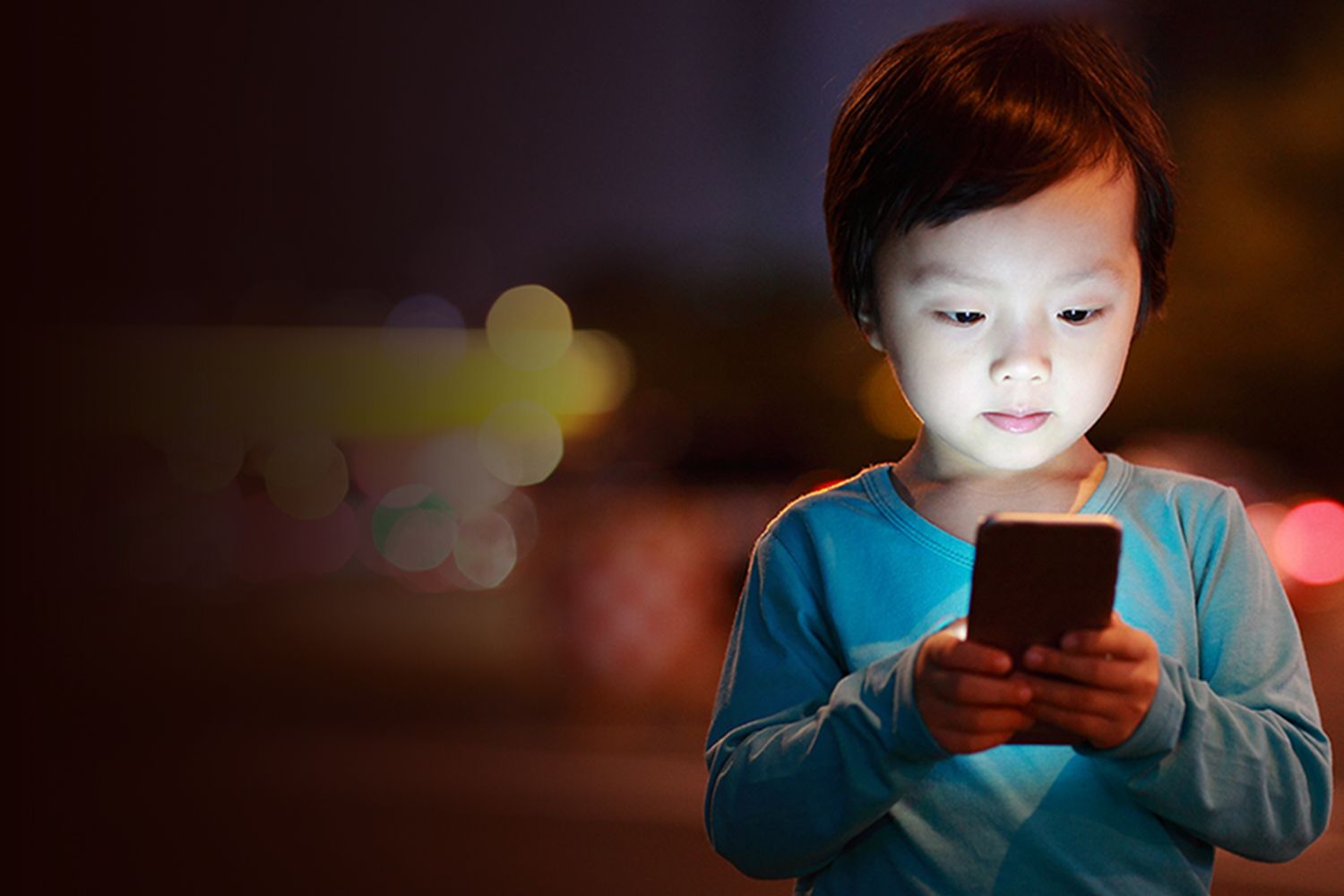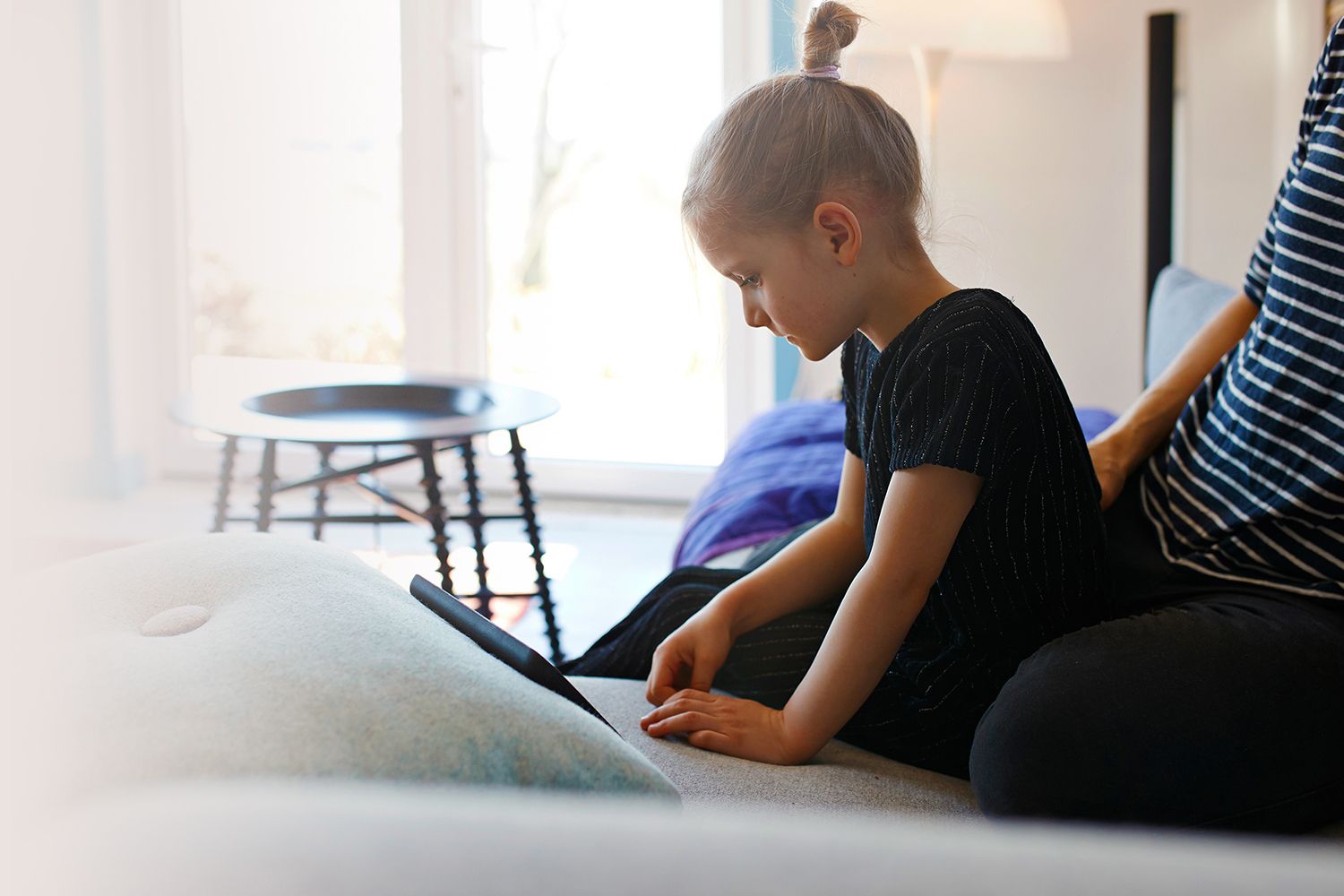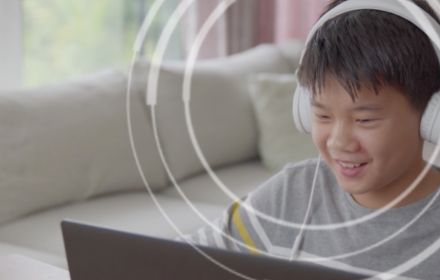Young people are using a growing array of social media platforms every day, which makes it important to follow best practices that foster smart habits for safe and productive online interactions.
It’s crucial for parents, guardians, teachers and students to stay informed and proactive on both the benefits and potential threats that social media activity presents today. Protecting kids and teens from trolls, cyberbullies, ‘fake’ friends and online scams requires parents to be involved daily to help ensure privacy, security and positive social media activity.
Here’s a brief guide for success on social media.
Think twice before sharing information on social media. Remember "once on internet, always on the internet". Your activity creates a digital footprint
Only click on links you are familiar with and trust.
Check privacy settings – ensure they are enabled
Secure account with 'two-factor authentication'
Respect people's privacy. Post pictures of friends and family only with everyone's consent to post.
Check your list of friends or follower and make sure you know all of them. Predators can post as 'friends'.
Know the difference between private (limited to your friends) and public/open chat rooms (where strangers can read and join conversation). If in doubt, ask an adult for guidance.




Don't be a bully. Report bullying to an adult and share hurtful messages.
Don't share personal information: your full name, home address, password etc. Keep your identity private.
Don't post information about when you or your parents aren't home.
Don't accept friend requests from people you don't know.
Don't ignore or be unaware of privacy settings.
Don't use simple passwords and never reveal them to anyone. Use a different password for each account.
Don't tag locations that can be tracked by predators.
Don't post pictures which can be used to track you.
Don't post pictures that shows personal details about friends: names, phone numbers, addresses, etc.
Protecting identities and passwords — while remaining aware and cautious about social media ‘threats’ — is integral to safe and happy social media activity. Understanding the difference between what’s private and what’s public for anyone to view online is crucial as internet activity leaves a permanent trail that represents your ‘digital footprint’. Keep safety, security and smart social media habits top of mind at all times. Read on for additional related content that parents and guardians can review together with their children to help keep them safe and happy while interacting online.




